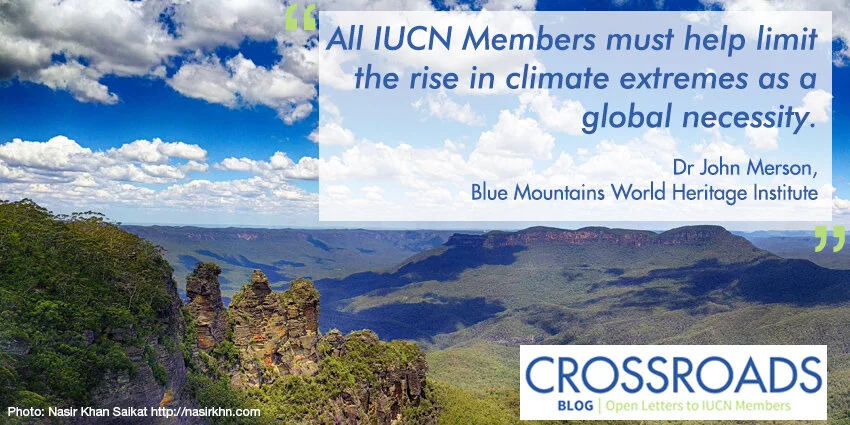Wetlands should never burn, but a swamp in the Newnes Plateau did because it was undermined by coal mining. The Nature Conservation Council of NSW teamed up with Lithgow environmentalists to investigate and document damage to areas affected by mining. What they discovered was a disaster.
Climate change and fire: lessons from the Blue Mountains
IUCN: Climate change top threat to natural World Heritage
PAC 2021 Scholarships Now Open
The Protected Areas Collaboration (PAC) for Learning & Research is now taking applications for their next round of scholarships.
BMWHI Adaptive Management for Conservation courses are eligible for scholarship support. Visit PAC Scholarships for more information and to apply.
Bushfires: our past, present and future
Report: reducing the cost and impact of bushfires
Name game to bring NSW’s threatened plants into the spotlight
Video: BMWHI Bushfire monitoring and recovery project
Post-fire bush regeneration resources
The Australian Association of Bush Regenerators is building an online portal of helpful material about post-fire bush regeneration and ecological weed management after the wildfires of summer 2019-20. Learn about the importance of weeding and locate volunteers to assist your efforts.
Saving the Rock Art of the Blue Mountains
Re-imagining conservation in our rapidly changing world
Publication: Healthy People in a Healthy Environment
Native Fauna of the GBMWHA
GBMWHA state of conservation update
FNPW supporting World Heritage sites
Entire hillsides of trees turned brown this summer
Is it the start of ecosystem collapse? The drought in Australia was a significant driver of the summer bushfires. But it also caused another, less well known environmental calamity: entire hillsides of trees turned from green to brown.
























